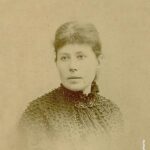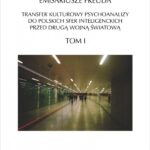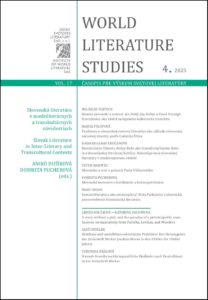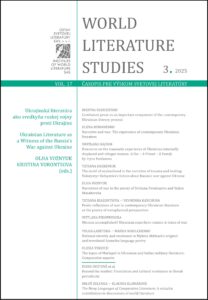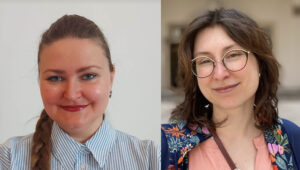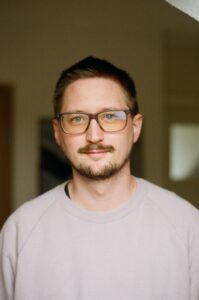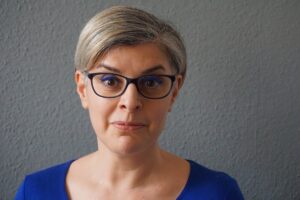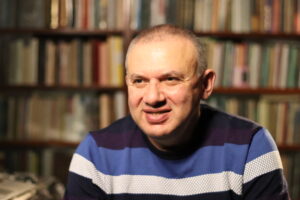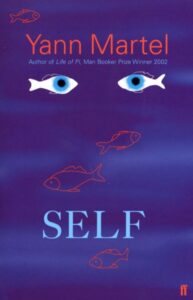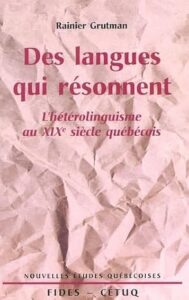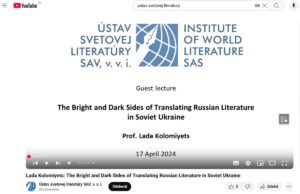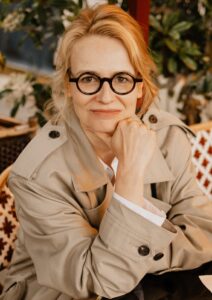 Lena Magnone
Lena Magnone
(Internationales Forschungszentrum Kulturwissenschaften Kunstuniversität Linz in Wien)
21 January 2026 (Wednesday) at 14:00 CET
Institute of World Literature SAS + online
Join Zoom Meeting:
https://us06web.zoom.us/j/85428730418?pwd=NJaJlDZoBoJbv8UtquCn12H9p7sYzY.1
Meeting ID: 854 2873 0418
Passcode: 578511
The lecture is organized as part of the VEGA research grant project Slovak Literature in Interliterary and Transcultural Contexts.
Lena Magnone will present her monograph, Precarious Modernists. Slavic Women Writing in Austria-Hungary, forthcoming with Bloomsbury in 2027. It challenges the dominant Viennese-centered paradigm, offering a bold re-examination of Central European literary modernism through the lens of gender and empire. Spanning Polish, Czech, Slovak, Slovenian, Croatian, Serbian, and Ukrainian literatures, it reconstructs the transimperial conditions that shaped female authorship in Austria-Hungary from the mid-nineteenth century to the First World War.
Drawing on extensive archival research across multiple languages and national traditions, the book traces how, in minor Slavic literatures, female authors were instrumentalized as “mothers of the nation” in the 19th century, only to be sidelined by the male-dominated modernist movements that followed. Through compelling case studies, Precarious Modernists uncovers the discursive, institutional, and economic mechanisms that excluded women from full participation in emerging modernist aesthetics. It reclaims the voices of the forgotten pioneering figures and reveals how nationalist imperatives and literary gatekeeping stifled their artistic aspirations. Focusing on the overlooked contributions and constrained trajectories of Slavic women writers, this study sheds light on both the structural fragility and cultural significance of women’s literary modernism in the imperial peripheries.
Lena Magnone published two monographs: Maria Konopnicka. Lustra i symptomy (Gdańsk: Słowo/obraz terytoria, 2011) and Emisariusze Freuda. Transfer kulturowy psychoanalizy do polskich sfer inteligenckich przed drugą wojną światową (Cracow: Universitas, 2016; English translation: Freud’s Emissaries. The Transfer of Psychoanalysis Through the Polish Intelligentsia to Europe 1900-1939, Genève-Lausanne: Sdvig Press, 2023). Her next book, Slavic Women Writing in Austria-Hungary: Precarious Modernists, is under contract with Bloomsbury. She is currently working on a new research project, Becoming Helene Deutsch. Psychoanalysis, Migration, and Feminism, at the International Research Center for Cultural Studies in Vienna.
